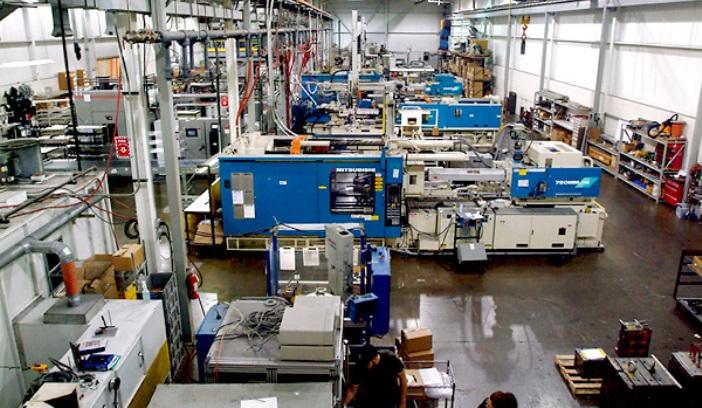Leaders of Nigeria’s industrial sector have urged the Federal Government to reinforce the “Nigeria First” policy with enabling legislation to ensure its consistent implementation across all ministries, departments, and agencies (MDAs).
The call was made on Thursday at the 53rd Annual General Meeting of the Manufacturers Association of Nigeria (MAN), which included the 5th Adeola Oduntola Lecture and Presidential Luncheon, themed “Nigeria First: Prioritising Made-in-Nigeria.”
Speaking at the event, MAN President Francis Meshioye stressed that the effective implementation of the policy is crucial for the growth and competitiveness of Nigeria’s manufacturing sector.
He recommended the establishment of an empowered and well-resourced National Bureau of Procurement to monitor compliance, as well as the operationalisation of a N1 trillion stabilisation fund to support local manufacturers.
He remarked, “The Nigeria First policy is not merely a call to action, it is a national imperative. The future of our manufacturing sector, and indeed our economic sovereignty, depends on our collective resolve to prioritise local value creation, enforce supportive policies, and invest boldly in our industrial base.”
Aliko Dangote, President of Dangote Group, represented by Engr. Ahmed Mansur, President of the Pan African Manufacturers Association (PAMA), highlighted the broader economic impact of prioritising domestic production.
He described manufacturing as central to economic growth, noting that its expansion has a multiplier effect on GDP greater than most other sectors. Dangote stressed that the policy should aim for industrial self-sufficiency, economic resilience, and improved global competitiveness.
“For the Nigeria First policy to work, it must be designed as a durable, binding national strategy for industrial development, capable of withstanding political transitions and market pressure alike,” he said.
The call for legislative backing aligns with remarks from President Bola Tinubu, delivered via the Minister of State for Industry, Trade and Investment, Senator John Owan Enoh.
Tinubu announced plans for greater visibility of Made-in-Nigeria products in public procurement, citing sectors such as uniforms, hospital supplies, cables, meters, packaging, and pharmaceuticals.
He outlined that by December 2025, the Ministry and the Bureau of Public Procurement would issue guidelines detailing documentation required when imports are preferred over certified local options.
The President emphasised that the Nigeria First policy is not merely a slogan, but “a disciplined way to spend, to procure, and to compete,” insisting that government procurement will prioritise Nigerian products that meet established standards.
Meshioye further recommended the setting of annual local content benchmarks in critical sectors, including automobiles, textiles, pharmaceuticals, and agro-processing, with non-compliance attracting penalties and exceptional performance earning rewards. He observed that previous directives, such as Executive Orders 003 and 005, lacked enforcement mechanisms, which limited their impact.
The discussions at the AGM underscore a growing consensus among Nigeria’s industrial leaders and government representatives that legal reinforcement and clear accountability measures are essential to advancing domestic manufacturing, reducing import dependence, and stimulating job creation in line with the Nigeria First policy.’






